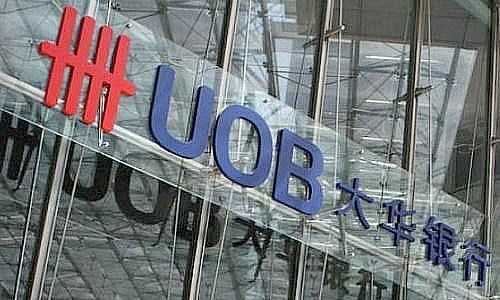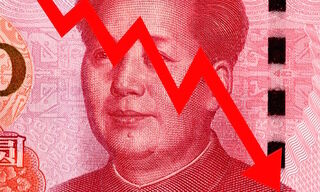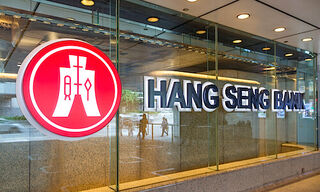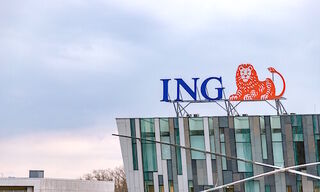The bank's total income for 2019 grows 10 percent to cross $10 billion, led by healthy client franchise growth and stronger trading and investment income. It is recommending a full-year dividend of S$1.30 per ordinary share.
UOB achieved record net earnings of $4.34 billion ($3.1 billion) in 2019, up 8 percent from 2018, the bank announced on Friday.
In particular, it noted higher net interest income, fee growth from wealth management and credit cards, and stronger trading and investment income. At the same time, its expenses grew by 12 percent year-on-year due to talent and technology investments, with a cost-income ratio of 44.6 percent.
Wholesale banking income grew 6 percent to S$4.1 billion in 2019, with 8 percent growth in non-Singapore income, 6 percent growth in non-real estate income, and 8 percent growth in non-loan income. Its retail business, which includes business banking, grew 9 percent from 2018 to S$4.3 billion. Income from high affluent customers increased 14% year on year, while assets under management in this segment grew by 14 percent to S$127 billion – 61 percent from overseas customers.
Q4 Profit Up
The bank's net profit rose 10 percent in the fourth quarter to S$1.01 billion, up from S$916 billion a year ago, driven by growth in net interest income and trading and investment income.
Compared to its strong third-quarter, earnings fell 10 percent, but this was chalked up to seasonally lower fees and trading and investment income.
Southeast Asia Focus
UOB said it is focused on riding Southeast Asia's long-term growth potential, and will «grow selectively and seize opportunities within [its] target segments.»
It is positioning its wholesale banking business to capture growing cross-border trade and investment flows. Its retail business hopes to ride on the growing affluence and wealth potential of the region’s rising middle class, using an omni-channel and ecosystem partnerships strategy.
TMRW to Expand
In a presentation accompanying the results announcement, UOB said it would be rolling out its digital bank TMRW to Indonesia this year.
It noted the S$10 billion market opportunity in ASEAN, and said the digital bank is on track to be marginal cost positive within five years.
Challenging Times Ahead
The bank said it expects downward pressure on customer margins in 2020, with a sight uptick in credit costs, given current conditions. However, it hopes to sustain momentum in fee income growth led by wealth management and to keep its cost/income ratio stable with a paced investment approach.
Wee Ee Cheong, deputy chairman and chief executive officer, acknowledged the challenging environment, particularly due to the effects of the Covid-19 epidemic, but noted the bank's relief assistance measures to cushion its impact on customers.
«We believe the region will weather this storm and are confident of ASEAN’s long-term potential. We will continue to invest in our capabilities, including digital, and seize the opportunities arising from the shifting economic environment,» Wee said in the results statement.


























